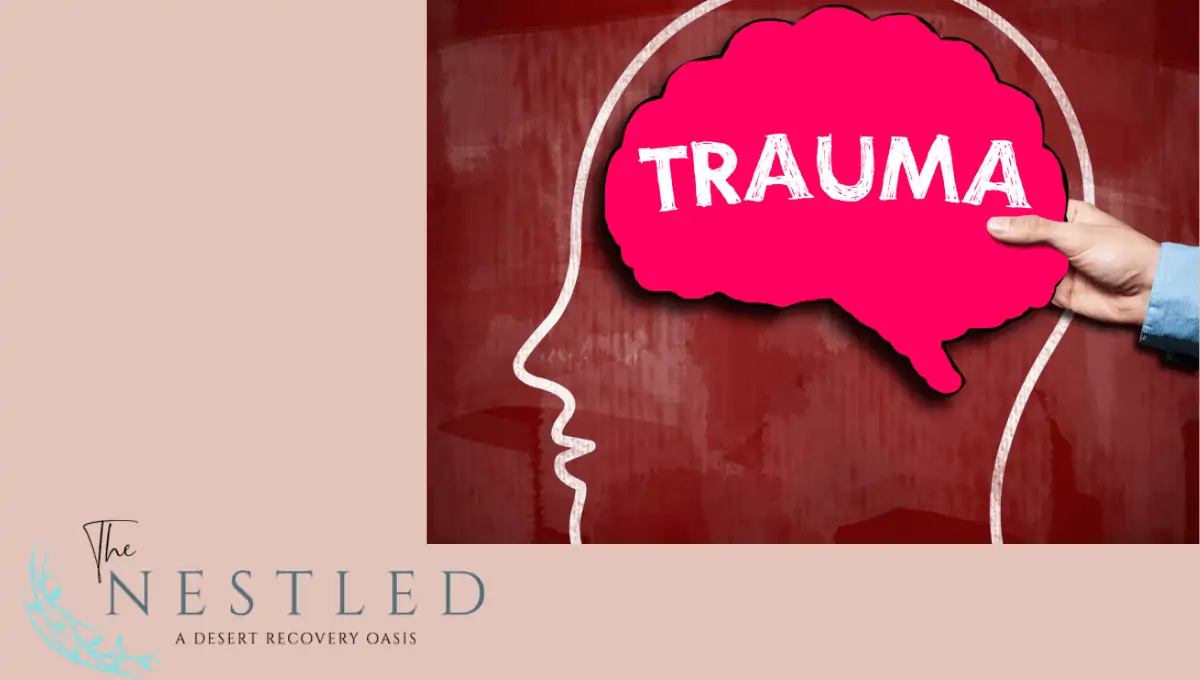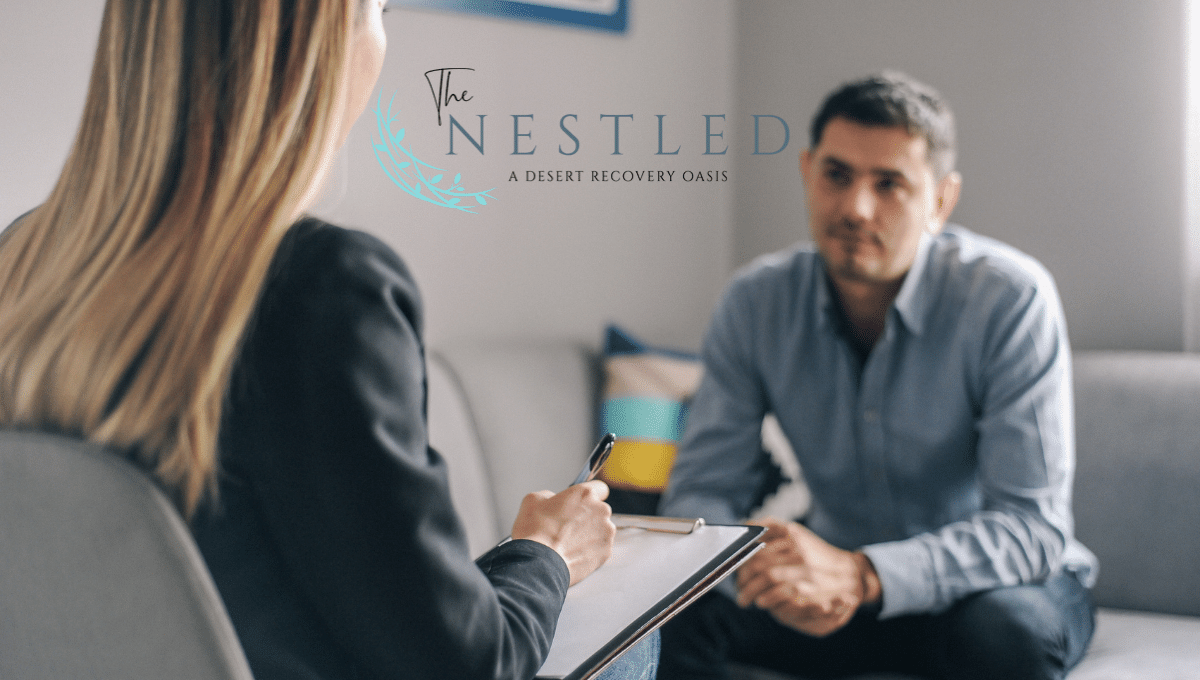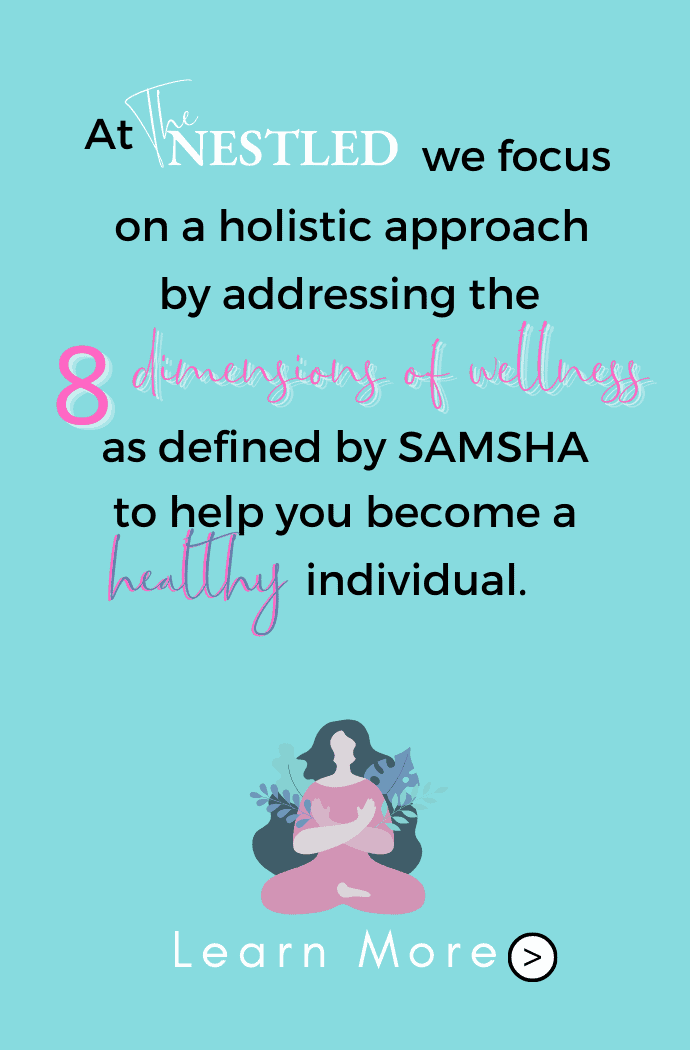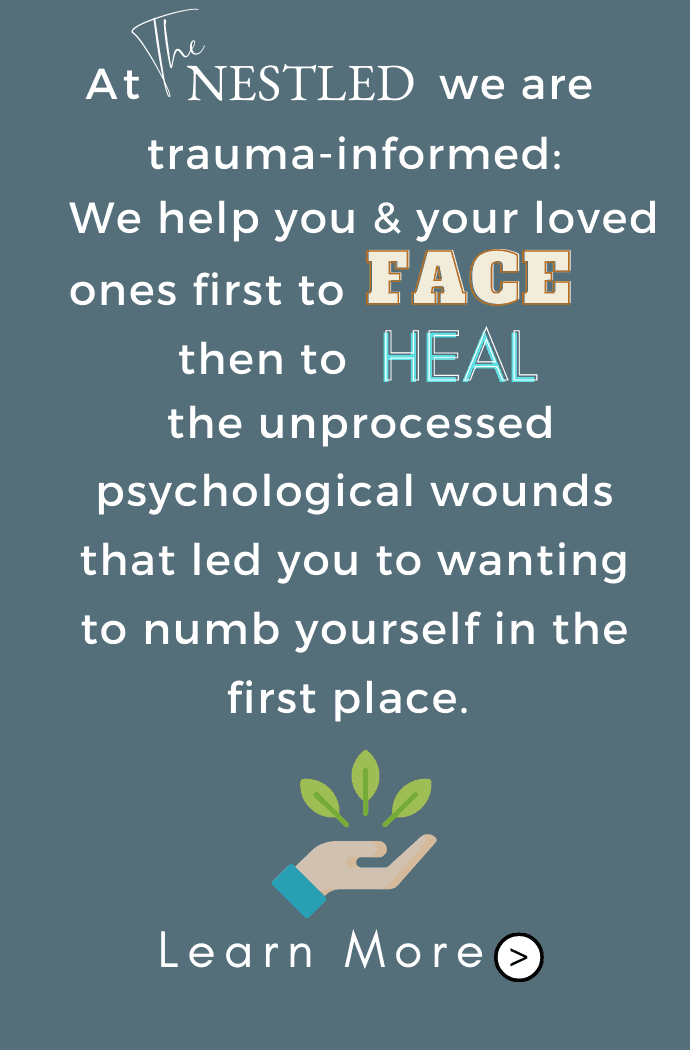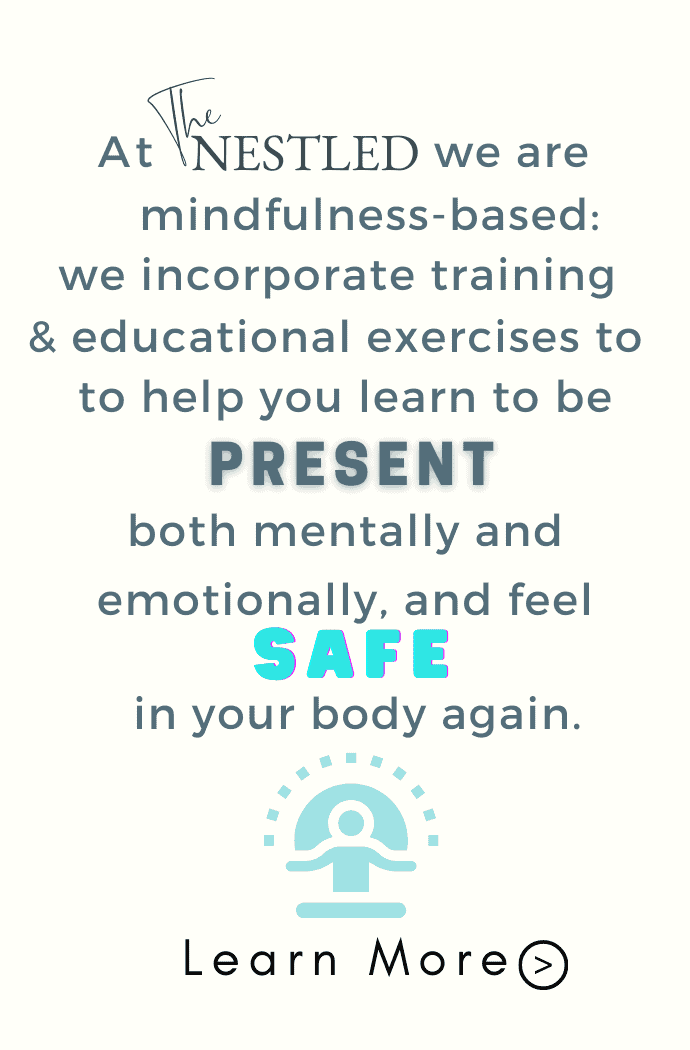People struggling with addiction or PTSD can benefit a great deal from trauma therapy. Many treatment centers specialize in offering trauma-informed talk therapies and experiential therapies that help people process painful feelings and traumatic memories in safe, soothing, environments. We now know that trauma lives in the body, not only in the mind, which is why many people with a history of trauma experience chronic pain, fatigue, and other physical symptoms. Trauma therapy takes a person’s unique experience into account, using therapies that will help facilitate healing on a physical, mental, spiritual, and emotional level.
The Similarities Between PTSD And Addiction
PTSD and addiction are both symptoms of surviving a traumatic experience. PTSD occurs when the body remains in a state of fight or flight after experiencing a traumatic event, such as a car accident or the loss of a loved one. Addiction is a coping mechanism or a form of self-regulation that people use to numb emotional pain and gain a sense of control over their lives. The Veteran population has a high rate of PTSD as a result of their service.
Not everyone who has PTSD will struggle with substance abuse, but almost everyone with a substance abuse disorder has a history of trauma. On the surface, there are many similarities between active addiction and PTSD, also known as a post-traumatic stress disorder. These similarities manifest as physical, mental, and emotional symptoms which may include:
- Depression and anxiety
- Shame and feelings of low self-worth
- Social isolation
- Sleep disorders
- Intrusive dreams or memories
- Avoiding certain places, people, and conversations
- Difficulty concentrating and managing everyday life
Trauma Therapies That Work
There are a variety of trauma therapies that help people recover from PTSD and addiction, including cognitive-behavioral therapy, equine therapy, yoga therapy, and other somatic therapies. A treatment plan for addiction or PTSD can include different types of therapies in one on one and group therapy sessions, which offer the added benefit of healing in community.
Group Therapy For PTSD And Addiction
Group therapy is a good way to begin therapy and complements the work done in individual therapy sessions. It’s useful to attend group therapy for PTSD and addiction because it helps people feel validated and supported by peers who can relate to what they’re going through.
Individual Trauma Therapy
Individual trauma therapy is an opportunity to process painful emotions and memories in a private, safe setting. A therapist may use several therapeutic modalities, including EMDR and cognitive behavioral therapy to facilitate healing.
Equine Therapy
Equine therapy focuses on interactions between people and horses which are often silent. Having non-verbal interactions is often helpful for people who struggle to talk about their experiences, and allows them to process trauma through relationship building. This type of therapy is very powerful and often successful whereas other forms of therapy fall short.
Yoga Therapy
Yoga therapy is a type of somatic therapy that focuses on releasing painful and stuck emotions through moving the body. Yoga can also assist with moving the nervous system out of a state of fight or flight caused by trauma, and allow people’s bodies to fully relax, rest, and begin to heal.
Pharmaceutical Therapy
Some people are affected more deeply by trauma than others and struggle with symptoms such as nightmares, extreme anxiety, and depression, which make attending therapy very challenging. In these cases, taking medication as prescribed by an experienced, trauma-informed psychiatrist can help regulate a person’s emotional state and prepare them for therapy sessions.
Cognitive Behavioral Therapy
Cognitive-behavioral therapy is a popular form of talk therapy that focuses on self-reflection and learning new skills. By recognizing patterns of thought, emotion, and behavior, it becomes easier to recognize that unhealthy patterns are often a trauma response and that it’s possible to make different choices that are more empowering.
The Benefits Of Trauma Therapy
Living with unresolved trauma can cause a host of unhealthy coping mechanisms and mental health issues, including PTSD and substance use disorders. Trauma can cripple a person’s ability to manage everyday life, making it more difficult to have stable relationships and achieve one’s goals. When your body is in a state of fight or flight, not only is it impossible to feel safe, but it’s very tiring to live in a constant state of high alert. Trauma therapy allows the body to process and release painful emotions and memories, making it possible to return to a natural state of calm awareness. Some benefits of trauma therapy include:
- Improved sleep
- Stronger immune system
- Better digestive health
- Stable moods
- Self-compassion
- Increased awareness
- More energy and vitality
- Better relationships
- Mental and emotional clarity
How We Can Help You
At Nestled Recovery, we have a unique, holistic approach to treatment and long-term recovery from alcohol abuse and other substance use disorders. You can expect to receive professional, trauma-informed care in our beautiful, state-of-the-art facility while learning how to incorporate mindfulness into your healing journey. Using the Eight Dimensions of Wellness, we consider the entire person: mind, body, and spirit, creating tailored treatment plans with a range of psychotherapies and experiential therapies to choose from. If you or a loved one are struggling with alcohol use disorder, contact us today.
Sources:
The Benefits Of Group Therapy For PTSD


